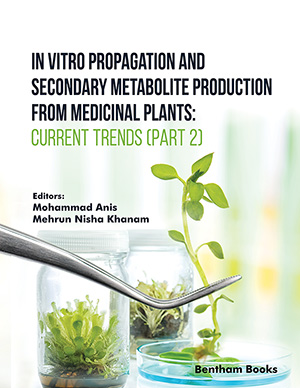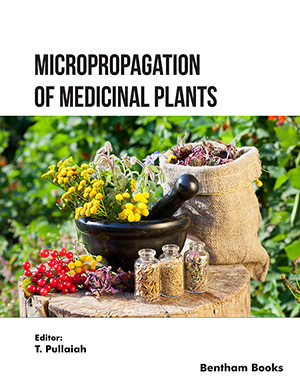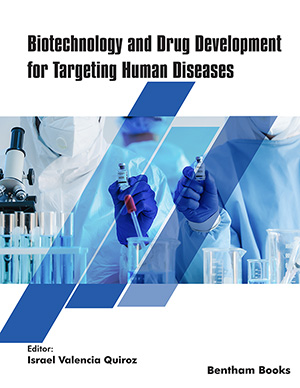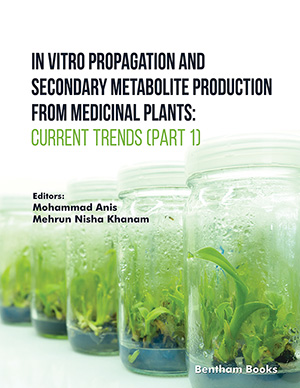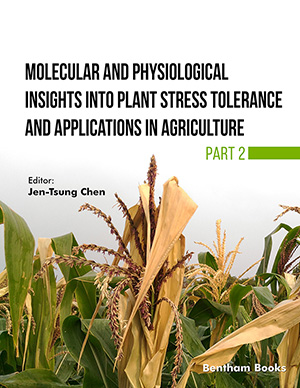Abstract
Background: The identification in breast cancer (BC) of novel genetic biomarkers regulating natural killer (NK) cell function, including the HLA, KIR, and CD16A (FCGR3A), may be still a challenge.
Objective: We aimed to evaluate whether the combined effect of these polymorphisms has an impact on BC susceptibility and progression.
Methods: 47 BC Italian patients and healthy individuals (39 females and 66 males/ females) were genotyped by Sanger sequencing (HLA-C exon 2-4 and FCGR3A- 158V/F, 48L/R/H) and PCR-SSP typing (KIR genes).
Results: HLA-C gene allele analysis showed the group C1, with HLA-C*07:02:01 allele, to be significantly associated with tumor progression (16.7% vs. 4.0%, p=0.04,
OR=4.867), and instead, group C2, with HLA-C*05:01:01, was protective against disease susceptibility (0.0% vs. 7.2%, p=0.019, OR=0.087). In addition, we highlighted a significant reduction of the KIR2DS4ins in BC patients (pcorr.=0.022) and an increased combined presence of KIR2DL1 and KIR2DS1 genes in advanced BC patients compared to earlier stages (66.7% vs. 19.2%, p=0.002). The concurrent lack of KIR2DL2 and KIR2DS4 genes in the presence of HLA-C2 alleles was significantly associated with increased susceptibility to BC (p=0.012, OR=5.020) or with lymph node involvement (p=0.008, OR=6.375). Lastly, we identified different combinations of the FCGR3A-48/158 variants and KIR genes in BC patients compared to controls.
Conclusion: Our findings suggest that in the development of BC probably exists a disorder of the NK innate immunity influenced by KIR/HLA-C gene content and FCGR3A-158 polymorphisms and that the combined analysis of these biomarkers might help predict genetic risk scores for tailored screening of BC patients in therapy.
Keywords: Breast cancer, killer cell immunoglobulin-like receptors (KIR), HLA-C, immunoglobulin G fragment C receptor (FCGR3A), genetic risk, NK.





















